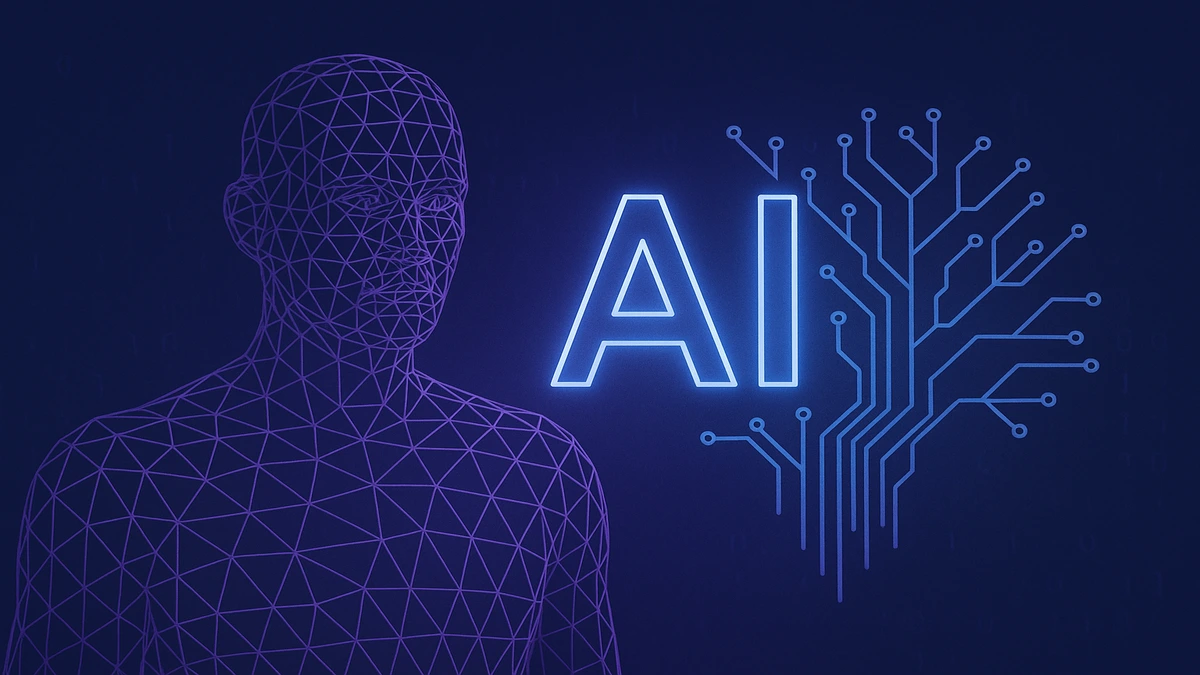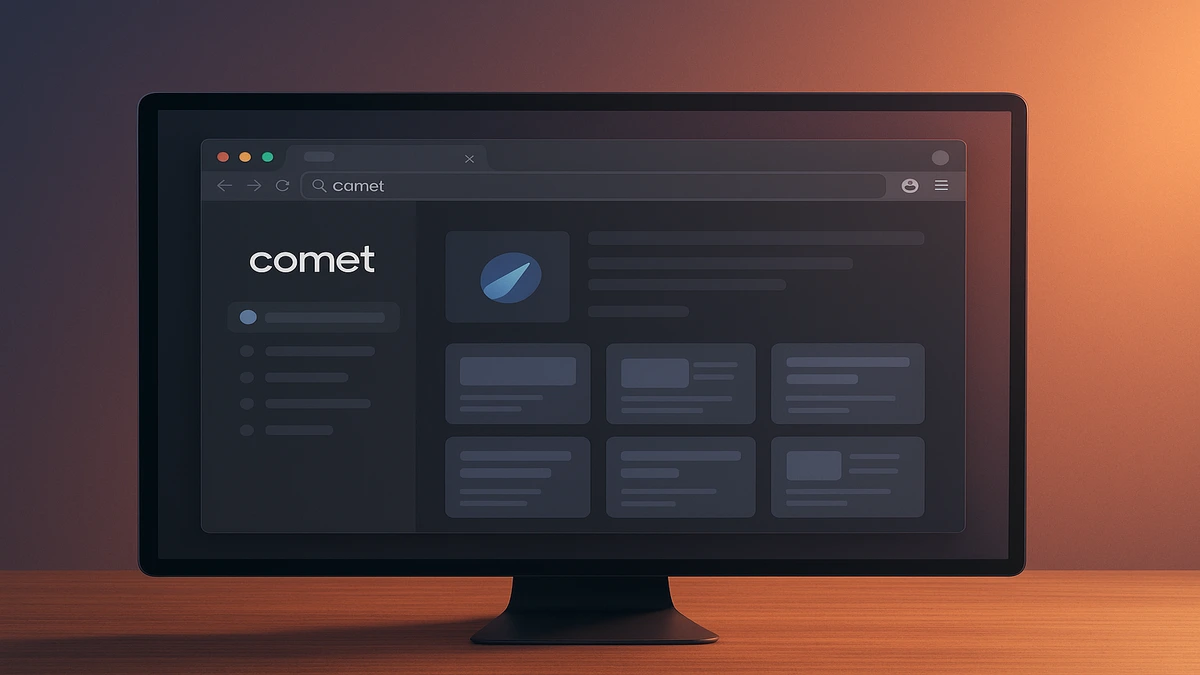
OpenAI acquires Windsurf for $3B, marking a major leap in AI-powered software development and agentic coding tools for enterprise and developers.
OpenAI has finally officially confirmed its acquisition of Windsurf, a fast-growing AI-native software development platform, for approximately $3 billion. Windsurf, originally known as Codeium, has emerged as one of the most formidable players in the agentic AI coding space, serving over 1,000 enterprise customers globally. This deal signals OpenAI’s aggressive shift from being a language model provider to becoming a full-stack AI infrastructure powerhouse—targeting not just how we write but how we build. We covered this topic earlier and delved into OpenAI’s interest in Windsurf in our detailed analysis of its vision and strategic fit. This acquisition marks one of the boldest moves by OpenAI—not only in terms of the deal value, but also in the direction it has decided to embark upon.
Codeium to Windsurf: A Meteoric Rise
Windsurf was founded in 2021 by MIT alumni Varun Mohan and Douglas Chen. It started off as a lightweight autocompletion tool, competing in the crowded space alongside tools like Tabnine and GitHub Copilot. But rather than simply being another assistive tool, Windsurf began evolving into something far more ambitious—an AI-native development environment powered by autonomous agents. These agents are not only generating lines of codes – they are capable of writing entire features, debugging, and suggesting architectural refactors. This means they can identify structural inefficiencies across a codebase and recommend large-scale design improvements – like modular changes, splitting services, and optimizing data flows. With this Windsurf positions itself not as an “assistant” but as a true collaborator in building and evolving end-to-end systems.
Their enterprise-grade offerings attracted major names like Zillow, Dell, Canva, and Anduril, with capabilities that included on-premise deployment, SOC2 compliance, and seamless integration into CI/CD pipelines. The company had been on a fast-track to becoming a category-defining platform—and hence we suppose the justification for OpenAI’s interest.
Strategic Fit
Let’s break down why this acquisition makes perfect sense from a strategic point of view:
1. Expanding Beyond Copilot
While OpenAI already powers GitHub Copilot (in collaboration with Microsoft), Copilot primarily functions as a line-level suggestion tool within existing IDEs. Windsurf, in contrast, offers agentic workflows—where AI agents can operate end-to-end, enabling devs to delegate full programming tasks through plain English prompts.
This acquisition allows OpenAI to hedge its reliance on Microsoft’s GitHub and launch a standalone Copilot rival that’s deeply integrated with its own APIs, models, and infrastructure.
2. Enterprise Penetration
OpenAI is doubling down on the enterprise segment with offerings like ChatGPT Team and Business tiers. Windsurf is already embedded in the enterprise ecosystem with features aligned to security, compliance, and scalability expectations of Fortune 500 companies. This acquisition provides OpenAI with a ready-made bridge into high-value B2B relationships.
3. Owning the Developer Stack
Windsurf is built around integrating LLMs not just into text editors but into the developer lifecycle itself—planning, building, testing, and deployment. By owning a tool like Windsurf, OpenAI gains critical insight and control over how developers build software with AI, and how they will want to interact with future autonomous dev agents.
4. Agentic AI Is the Future
The shift from autocomplete to agentic AI—AI that can act independently to complete tasks—is one of the most significant trends in the next phase of AI. Windsurf has been an early mover in that space. OpenAI acquiring Windsurf is essentially them buying time, talent, and a head start on what many believe is the next major paradigm in AI-based computing.
The Valuation Debate
At $3 billion, the valuation implies a multiple of over 70x their estimated Annual Run Rate (~$40M). While some analysts might argue that this indicates a bubble, it’s important to view this from a different lens.
Windsurf has a first-mover advantage in the agentic developer tooling space.
They’ve demonstrated strong enterprise traction.
The total addressable market for AI-assisted and AI-native development tools is massive and growing.
Strategic value far outweighs traditional valuation models in a market that’s still evolving.
In a world where developer time is gold, and code complexity is only rising, betting on a platform that accelerates and augments that process makes business sense.
The Talent Pool
OpenAI is also acquiring a top-tier technical team. Windsurf’s founders and early engineers are deeply experienced in systems architecture, real-time AI inference, and building scalable developer platforms. This is not just an acquihire, but a consolidation of vision and velocity.
Mohan and Chen(founding team) are expected to stay on post-acquisition, likely leading product and innovation within OpenAI’s developer division. Their roadmap for agentic development may become a template for broader integration across OpenAI’s ecosystem.
Impact on Competitors
This deal sends ripples across both big tech and startups:
GitHub/Microsoft may find themselves reevaluating the nature of their partnership with OpenAI.
Competitors like Cursor, Replit, and Codeium alternatives will now be chasing a moving target with the might of OpenAI behind Windsurf.
It could trigger a new wave of consolidation in the AI dev tools space.
Moreover, this makes OpenAI not just a provider of foundational models—but a platform company. This is a shift in posture, strategy, and possibly in how OpenAI defines itself to investors and regulators.
The Broader Vision: AI That Builds AI
One of OpenAI’s stated long-term goals has been to build AI that can code, deploy, test, and improve other AI agents. In short, AI that builds AI.
With Windsurf, that long-term vision is suddenly a lot more practical. You now have:
A platform that understands code structure
A system that can act on prompts and execute refactoring plans
A base that can layer additional LLMs or multimodal models to automate the software lifecycle
This makes OpenAI one of the first players to vertically integrate the entire AI dev stack—from foundational model to final deployment.
What Comes Next?
In the near future, we can expect:
A tighter integration of Windsurf into ChatGPT’s developer tools
A potential public offering of “OpenAI Code Studio” powered by Windsurf
An expanded enterprise push bundling ChatGPT + Windsurf + API credits
More innovation in autonomous software engineering using potential upgrades like GPT-5
The real question is whether OpenAI will keep Windsurf as a standalone product or fully absorb it into the OpenAI brand. Either way, developers should prepare for a new paradigm where coding isn’t done line by line—but orchestrated task by task via natural language.
OpenAI’s acquisition of Windsurf is more than just a headline—it’s a strategic milestone. It’s a declaration that AI is not just assisting developers anymore; it’s stepping into the arena to build alongside them, and soon, independently of them.
This $3 billion bet reflects a truth that most of us never imagined few years back: the future of software development is not just code—it’s collaboration with intelligent agents. And OpenAI wants to own that future. However a lot needs to be done by OpenAI in terms of execution to match the larger ambition.






